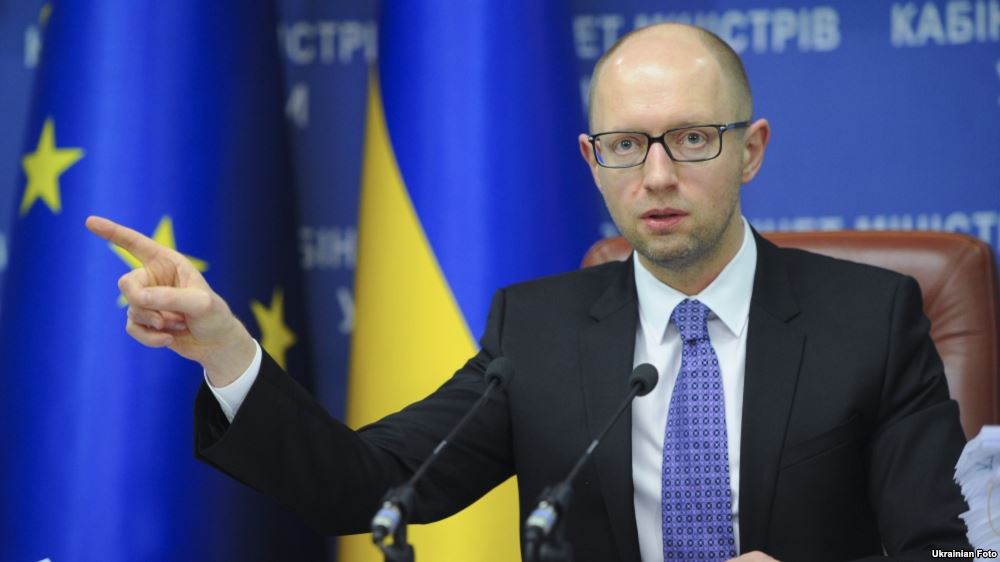After Maidan, the new Prime Minister of Ukraine, Arseniy Yatseniuk, called his cabinet the “kamikaze government.” But in reality it is the new cabinet, which still needs to be approved by Ukraine’s parliament, that will become the new kamikaze government. This is because it will need to carry out reforms and to change the post-Soviet economy. It is this cabinet that will have to fight corruption and all the shadow schemes that still define the relationship between a government official and society. It is this cabinet that will have to decide on the fate of the “oligarchs” who still wield huge influence on Ukraine’s economy and who finance political projects. It will be up to this cabinet to reject populism, which still defines much of the thinking of Ukraine’s political elite. And this is despite the fact that the new parliament is full of populists and their imitators, who have now been joined by a new generation of Ukrainian politicians — a generation that has learned to speak much better but who has decidedly forgotten how to do anything.
However, the new government has no choice. If it fails to provide the right answers to all these questions, there will be no money from the West. If there is no money, there will be an economic crisis, demonstrations, strikes, the possible loss of territory and yet one more government they will name the “kamikaze cabinet.” The kamikaze governments will keep appearing in Ukraine until there is a real demand for reform in society and when government service is perceived not as a privilege but as a duty. And this, naturally, will depend not only on the politicians but on the citizens. However, the politicians today are the first to respond.
Do they understand their responsibility? I’m not certain. The very make-up of the coalition portends more conflicts than strategic decisions. The Petro Poroshenko Bloc, one of the main coalition forces, is not even a party yet but rather an amorphous association of randomly selected people based on the president’s rating. The People’s Front Party is yet another leading political force, which has become a union of the former supporters of Yulia Tymoshenko and those of Arseniy Yatseniuk. This is also a leadership project with only this difference: the key politicians in the People’s Front are much more ambitious than the leading people in the Petro Poroshenko Bloc. And each one of these key politicians will be forced to think about his own future as much as about the future of the union.
Samopomich (Self Reliance) has ended up in parliament primarily because of the demand for new vigor and new people. But the party itself, which is associated less and less with Lviv Mayor Andriy Sadovyi, will have to prove that its new members are also professional. And that they are capable not only of talking about change but even of sacrificing the future of their own party and its popular creator. As for Yulia Tymoshenko and Oleh Liashko (head of Ukraine’s populist Radical Party — Ed.), they do not need to prove anything. But these politicians will be forced to worry about their own futures — Liashko’s popularity is as temporary as Tymoshenko’s relative lack of popularity. And who would want to tempt fate in this situation?
Ukrainians will be grateful to Yatseniuk’s first government for preserving the country that was falling into an abyss. The new cabinet will not earn expressions of gratitude from its contemporaries, but it can work for posterity. It does not require that much: professionalism, willingness to engage in constant conflicts with Western creditors, the president and deputies, and the understanding that they should not hang on to their positions, which no one in Ukraine will keep for long — not until the difficult process of reform and revival of the country is finished. And this process will take years. Years of crisis.







